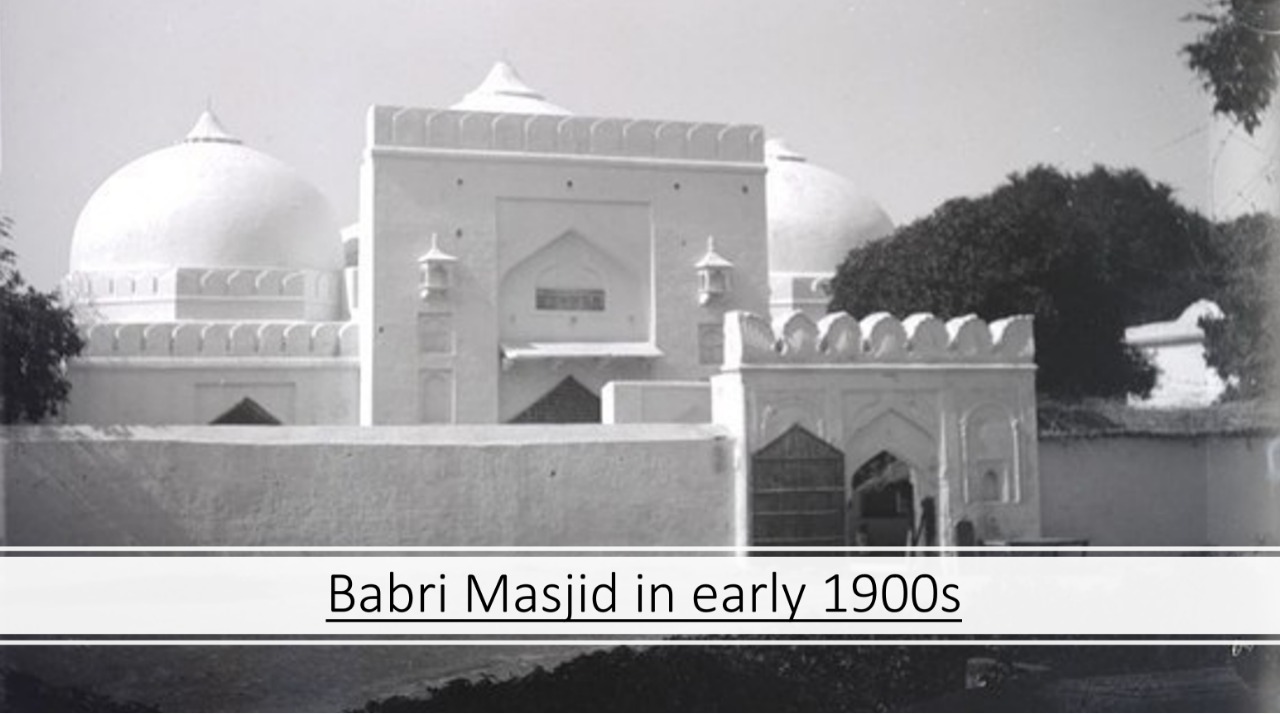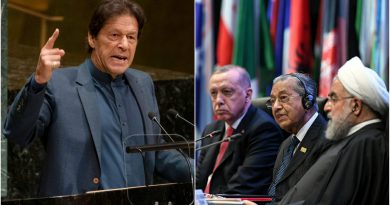Mosque is Essential not Optional: Babri-Ayodhya Debate
“a mosque as a place of prayer is an essential part of Islam”
The Supreme Court today declined to refer the question that “a mosque as a place of prayer is an essential part of Islam” to a Constitution bench.
The 1994 ruling had decided the issue of whether namaz or prayers can be offered anywhere — or whether a mosque is an essential part of the practice of Islam and is needed for congregation and to pray. The SC had then held that Namaz could be offered anywhere and that a mosque was not necessary for this.
This article underlines the importance of mosques in Islam with respect to the commandments laid by Allah the Almighty in Quran and His final and noble prophet Muhammad ﷺ.
Importance of Mosques in Islam
The biggest proof that a mosque or masjid is an important part of Islam is the command of Allah in Quran Surah Surah Al-A’raaf (7:31): O children of Adam, take your adornment at every masjid, and eat and drink, but be not excessive. Indeed, He likes not those who commit excess.
In these verses [al-Noor Chapter 24: Verses 36-37] there is the command to venerate the mosques and cleanse them of idle talk and impure things. Allah has commanded us to venerate the mosques as He says (interpretation of the meaning):
“In houses (mosques) which Allah has ordered to be raised (to be cleaned, and to be honoured), in them His Name is remembered [i.e. Adhaan, Iqaamah, Salalah (prayers), invocations, recitation of the Qur’aan]. Therein glorify Him (Allaah) in the mornings and in the afternoons or the evenings, Men whom neither trade nor sale (business) diverts from the remembrance of Allaah (with heart and tongue) nor from performing As-Salaah (Iqaamat-as-Salaah) nor from giving the Zakaah. They fear a Day when hearts and eyes will be overturned (out of the horror of the torment of the Day of Resurrection)”
A mosque (masjid) is a place that has been set aside for offering the obligatory prayers on a permanent basis and is devoted for that purpose. A prayer room or prayer place (musalla) is a place that is used for prayer occasionally, such as the ‘Eid prayers, funeral (janaazah) prayers and so on, and it is not set aside as a waqf for the five daily prayers.
The Prophet (ﷺ) said: “When one of you enters the mosque, let him not sit down until he has prayed two rak‘ahs.” Saheeh – agreed upon.
It was narrated by Abu Dawood (455), al-Tirmidhi (594) and Ibn Maajah (759) that ‘Aa’ishah said: The Messenger of Allaah (peace and blessings of Allaah be upon him) commanded that mosques be built among houses and that they be cleaned and perfumed.”
What is meant by “among houses” is in neighbourhoods and among tribes.
Purpose of Mosques in Islam
Mosques are places for the worship of Allah alone, free from idolatrous practices, since Islam is a purely monotheistic religion.
Mosques can attract non-Muslims to Islam by showing them some of the religious activities of the Muslims such as the prayer, making them curious about Islam and its beliefs, and giving them an opportunity to find out more.
Mosques are centres of learning and study of the Qur’an, hadeeth, Sunnah, Seerah (the Prophet’s life) and more.
Mosques are a meeting place for the community where they are informed of important religious events and duties.
Allah’s Messenger (ﷺ) informed the men that they are not allowed to prevent women from attending the Mosques, because Mosques are important places for them too.
Some Mosques are negligent and do not follow the Sunnah, nor do they give importance to Tawheed.
A very small number of Mosques open their doors to radical ideas – good Muslims who want to follow the Sunnah should be not deceived by these type of Mosques or the people who speak there.
The Friday prayers are obligatory upon every adult male, and these are conducted in the larger Mosques.
| [Written by Naveed Saeed – Social Activist – India] |




